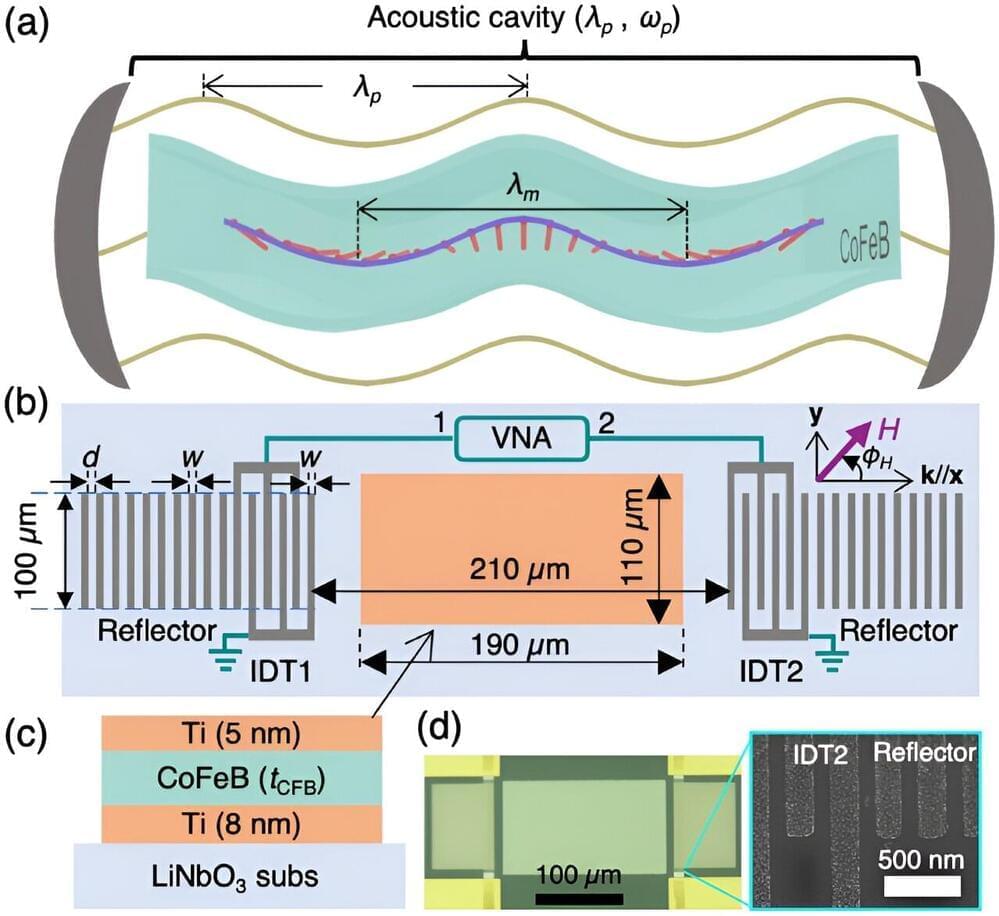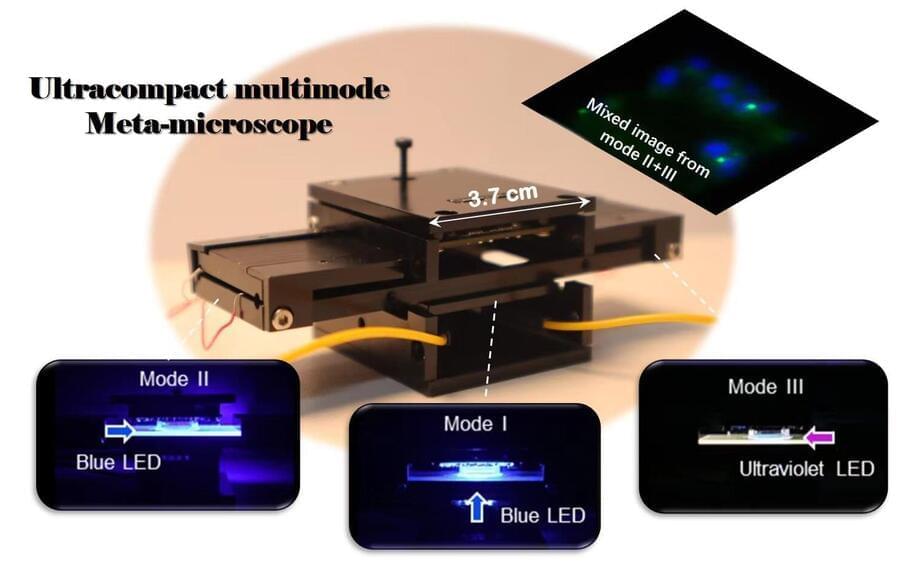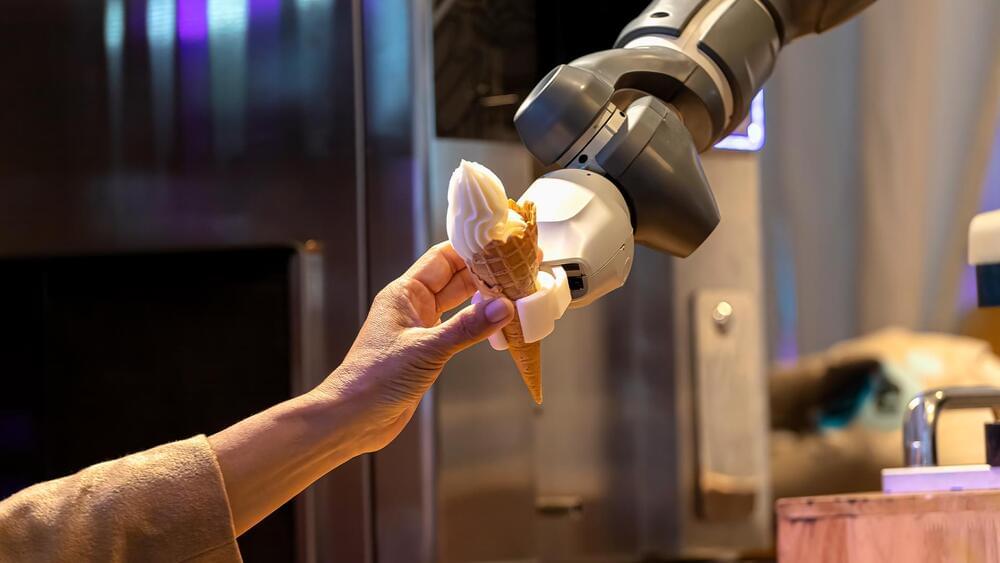Unlike me, Kurzweil has been embracing AI for decades. In his 2005 book, The Singularity Is Near: When Humans Transcend Biology, Kurzweil made the bold prediction that AI would expand human intelligence exponentially, changing life as we know it. He wasn’t wrong. Now in his 70s, Kurzweil is upping the ante in his newest book, The Singularity Is Nearer: When We Merge with AI, revisiting his prediction of the melding of human and machine, with 20 additional years of data showing the exponential rate of technological advancement. It’s a fascinating look at the future and the hope for a better world.
Kurzweil has long been recognized as a great thinker. The son of a musician father and visual artist mother, he grew up in New York City and at a young age became enamored with computers, writing his first computer program at the age of 15.
While at MIT, earning a degree in computer science and literature, Kurzweil started a company that created a computer program to match high school students with colleges. In the ensuing years, he went on to found (and sell) multiple technology-fueled companies and inventions, including the first reading machine for the blind and the first music synthesizer capable of re-creating the grand piano and other orchestral instruments (inspired by meeting Stevie Wonder). He has authored 11 books.









